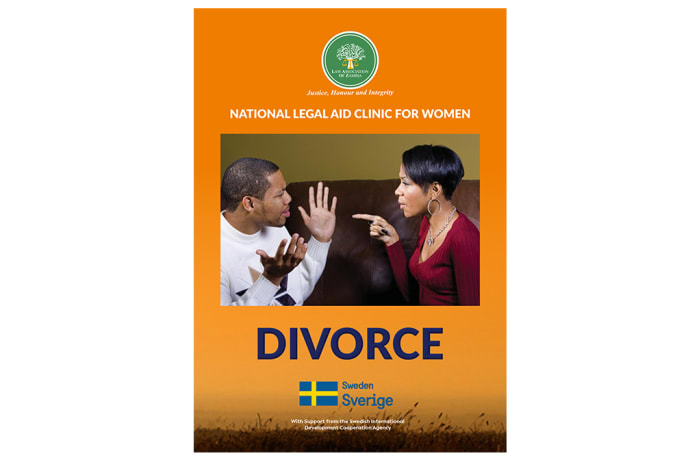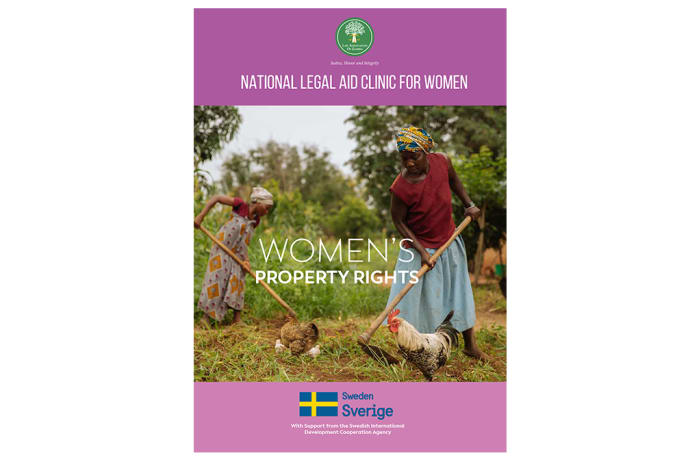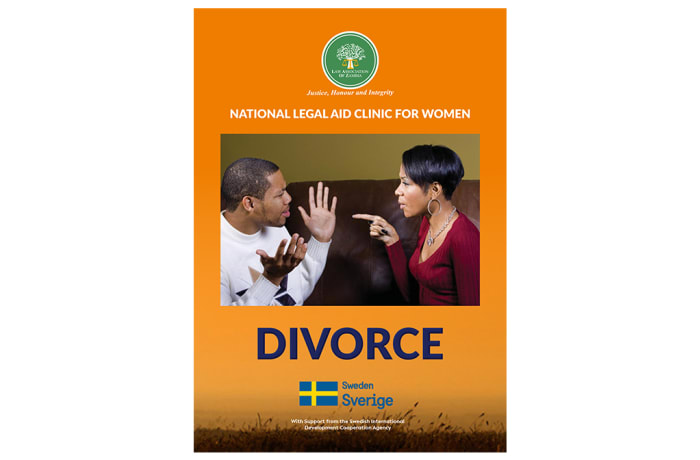
Divorce Booklet
Further information
WHAT IS DIVORCE?
Divorce legally represents the end of a marriage between a man and a woman. This means that the couple can no longer enjoy conjugal rights from each other (rights which parties enjoy in the marriage). They are two independent individuals whose relationship and contact only remains if they have had children during the subsistence of the dissolved marriage. At the time of the divorce, the Court will make decisions on the following:
Ø Children and their custody;
Ø Maintenance; and
Ø How properties should be shared.
In Zambia, a divorce can be granted to people whose marriage is registered under the Marriage Act Chapter 50 of the Laws of Zambia as well as parties who are married under traditional or customary law. Marriages which are under the Marriage Act are required to be registered at the Registrar of Marriages, Civic Center.
For Religious marriages such as Hindu or Moslem marriages, the High Court of Zambia has no jurisdiction (authority) over such marriages as the marriages are governed by the particular religion. For Christian marriages, unless the marriage was also conducted in accordance with the Marriage Act, the High Court has no jurisdiction. The Local Court on the other hand, will have jurisdiction if the parties performed some traditional marriage practice such as payment of bride price. In such a case, the parties will be treated as though they were married under customary law.
Learn more by downloading a pdf version of this booklet. Copy and paste this link into your browser:
https://res.cloudinary.com/dhsjpmqz9/image/upload/v1685363223/8._DIVORCE_puokhy.pdf









